Foods high in cholesterol won’t harm your heart
By naturopath Margaret Jasinska
For decades, the public has been told to limit their intake of cholesterol-rich foods like eggs because they’re a risk to the heart. A large body of research has shown this is simply not true.
A recent study was conducted at the University of Eastern Finland and published in the American Journal of Clinical Nutrition. It showed that even people genetically predisposed to an increased risk of heart attacks are not harmed by consuming cholesterol in their diet. This is because the great majority of the cholesterol in your body is manufactured in your liver. If you consume more foods high in cholesterol, such as eggs, butter, prawns and red meat, your liver should reduce its production. That happens if your liver is healthy. If you have a fatty liver or sluggish liver, it may not regulate your blood cholesterol level as well, and you’ll be prone to high triglyceride levels. High triglycerides are a heart attack and stroke risk factor.
A lot of the cholesterol that’s found in food can’t be absorbed by your body, and most of the cholesterol in your gut was first synthesised in your body’s cells and ended up in your gut via the liver and gall bladder. Cholesterol feeding studies (where volunteers eat 2 to 4 eggs a day and measure their cholesterol) reveal that dietary cholesterol has very little impact on blood cholesterol levels in approximately 75 percent of the population. The other 25 percent are referred to as hyper responders. In them, dietary cholesterol does modestly increase both LDL and HDL, but it does not affect the ratio of LDL to HDL or increase the risk of heart disease.
It is also important to remember that the biggest driver of cholesterol production in your liver is carbohydrate. If you consume a lot of sugar, soda, alcohol and carbohydrate rich foods like pasta, biscuits and breakfast cereals, your cholesterol level will probably rise. In some people, this doesn’t happen until they get older. Carbohydrate rich foods not only raise cholesterol, they make the LDL cholesterol particles small and dense. (These are the type of particles that can infiltrate arteries and promote atherosclerosis). A high carb diet also promotes a rise in triglycerides, which make the bloodstream thick and sticky and prone to clots.
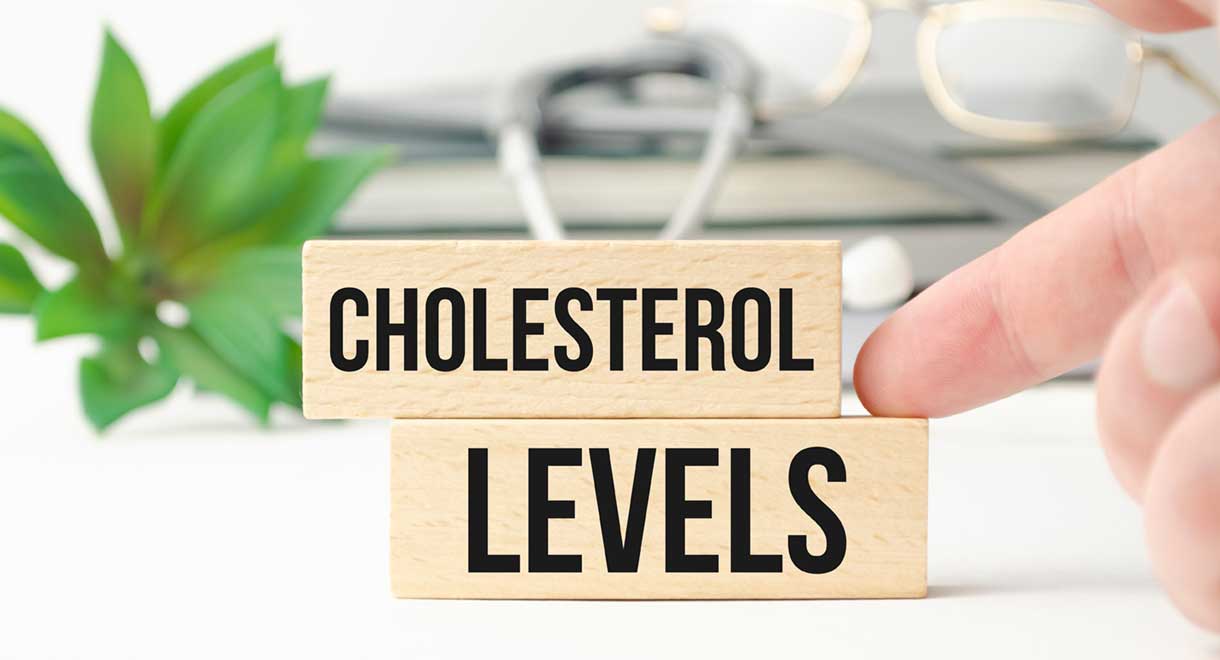
How to protect your heart
- Avoid most vegetable oils. Margarine or non-dairy spread is often marketed as a healthier alternative to butter. Nothing could be further from the truth. Most margarine is cholesterol free but that’s irrelevant. Margarine is high in oxidised omega 6 rich vegetable oil, which significantly increases inflammation in the body and subsequently causes damage to the arteries. People have been eating butter and animal fats like tallow and lard for hundreds of years; long before cardiovascular disease reached epidemic proportions. Pastured (grass fed) butter is a healthy option because it is rich in certain beneficial nutrients such as vitamin K2, vitamin D, butyrate and conjugated linoleic acid. Butter does contain saturated fat and that can raise your cholesterol, but if you want to get specific, saturated fat can raise your HDL (good cholesterol) and increase large particle LDL cholesterol while reducing small dense LDL (the type implicated in clogged arteries).
- Minimise high carbohydrate foods. Many people are aware that sugar increases the risk of heart attacks, fatty liver, type 2 diabetes, cancer, accelerated ageing and many other diseases of modern society. You may not realise that bread is almost as bad as sugar. Most bread has a fairly high glycaemic index; that means it raises your blood sugar fairly high fairly quickly and over time can promote the development of insulin resistance. Even wholegrain bread floods your bloodstream with sugar once you’ve digested it. Wheat contains a type of starch called amylopectin A, which is rapidly converted into sugar and likely to promote weight gain around your middle as you get older. Gluten free bread isn’t much better because it’s typically made from grains and starches that also have an extremely high glycaemic index; these include corn, rice, tapioca and potato. You are best off minimising bread in your diet and sticking with vegetables, salads, protein and healthy fats.
- Try to be relaxed and minimise stress. Life can get very stressful or busy at times. Long term stress can have a very detrimental effect on your health, even if you are eating well. If you’re currently unable to make changes in your life to reduce stress, please try and find healthy ways of coping with it. Some examples might include speaking to a friend or counsellor about your concerns, joining a yoga or meditation class; exercising or writing in a journal. It is important to have hobbies and passions in life. Most of us spend a large part of our life at work. It’s important to have things to look forward to; things that inspire you and make you excited about getting out of bed.
- Make sleep a priority. Lack of sleep raises the risk of insulin resistance. That means you’re more likely to have poor blood sugar control and gain weight around your torso, raising the risk of heart disease. Spending some time outdoors each day can help establish a healthy circadian rhythm. Too many people spend all day indoors, and when they go outside, they wear sunglasses. This makes it hard for your brain to know what time of day it is. If you struggle with sleep, taking a magnesium supplement may help
References:
J. K. Virtanen, J. Mursu, H. E. Virtanen, M. Fogelholm, J. T. Salonen, T. T. Koskinen, S. Voutilainen, T.-P. Tuomainen. Associations of egg and cholesterol intakes with carotid intima-media thickness and risk of incident coronary artery disease according to apolipoprotein E phenotype in men: the Kuopio Ischaemic Heart Disease Risk Factor Study. American Journal of Clinical Nutrition, 2016; DOI: 10.3945/ajcn.115.122317
https://pubmed.ncbi.nlm.nih.gov/19852882/


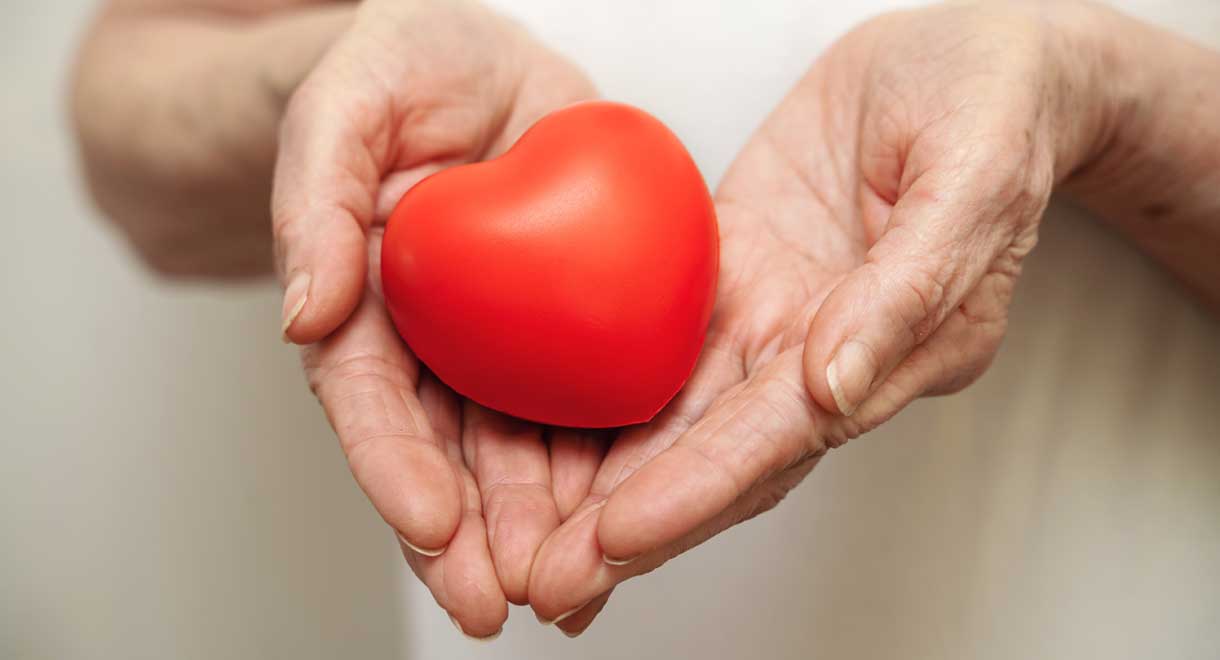


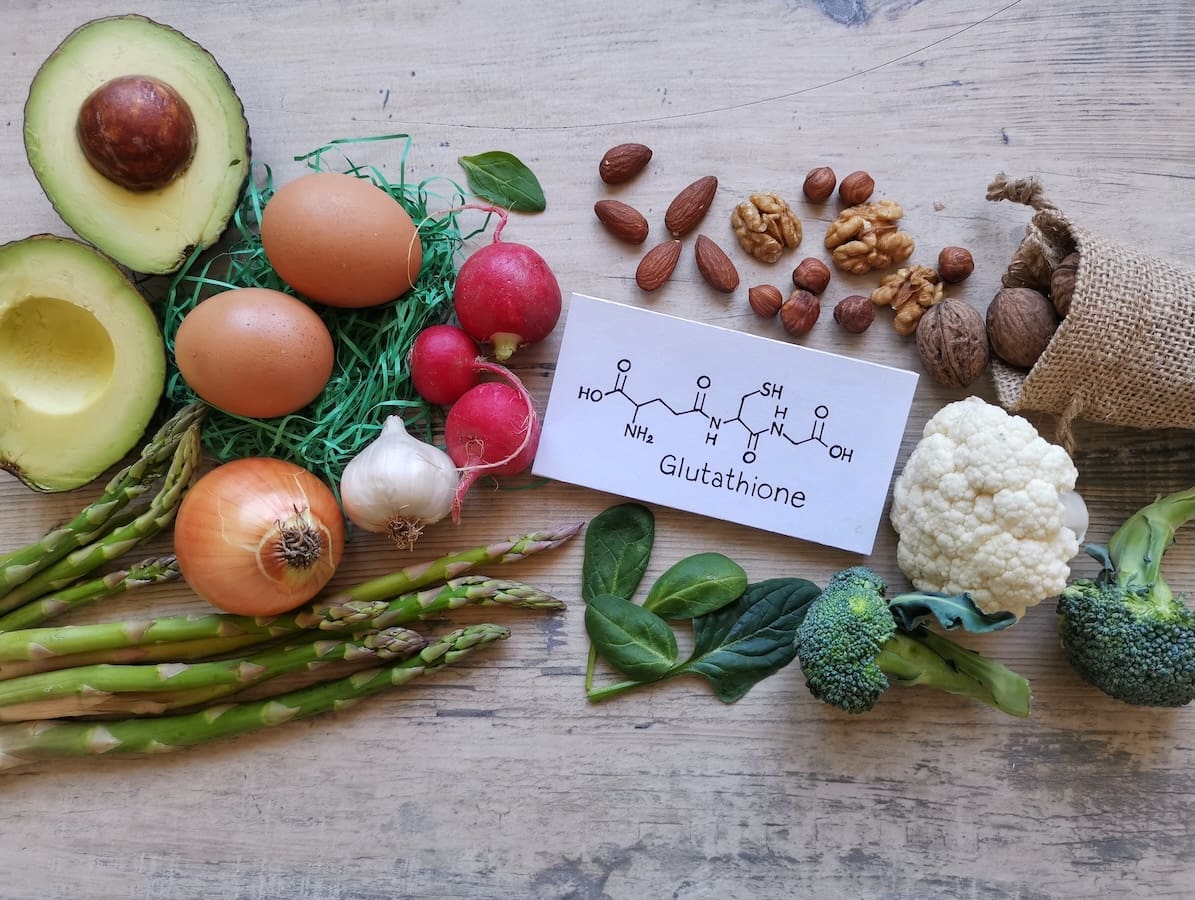
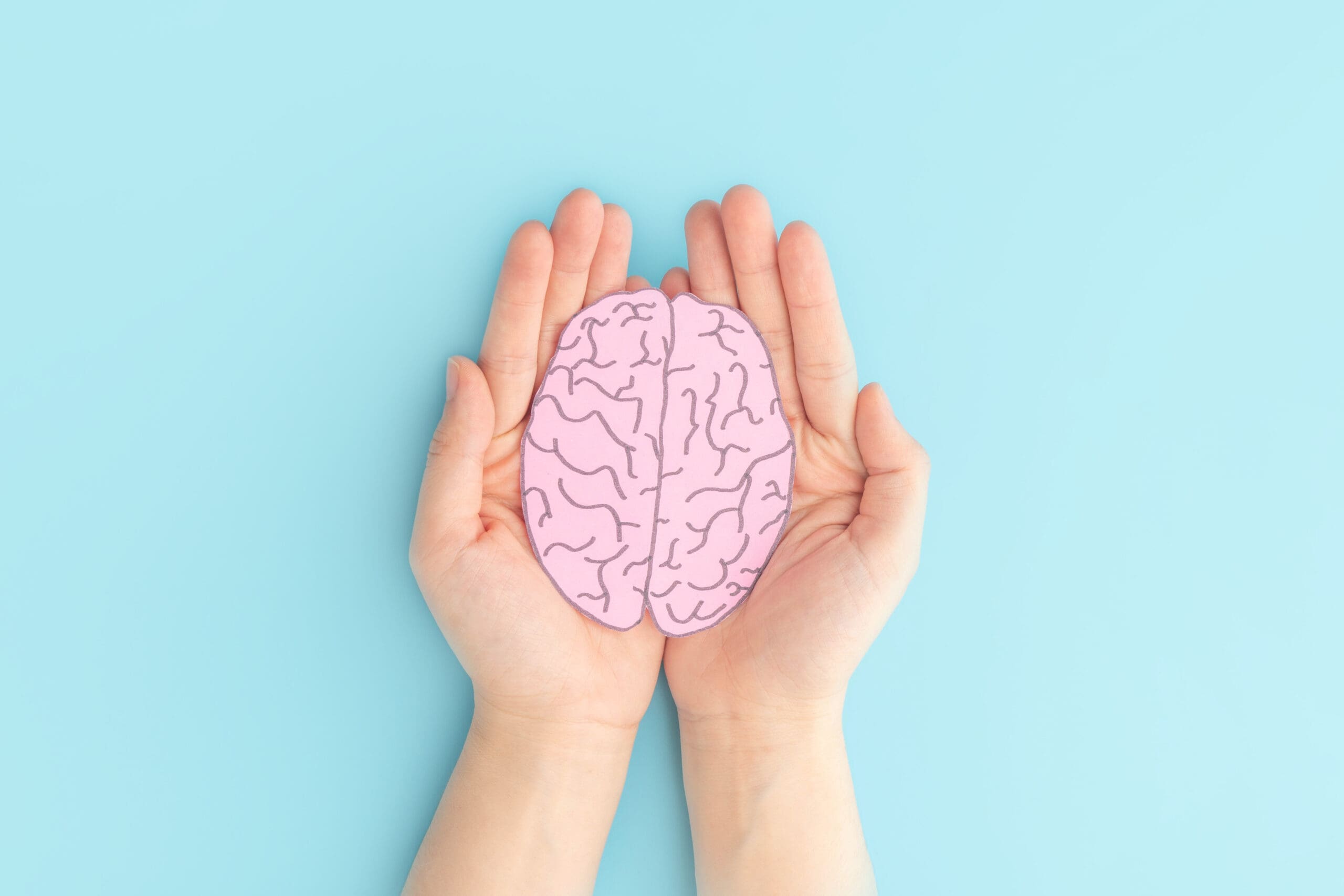
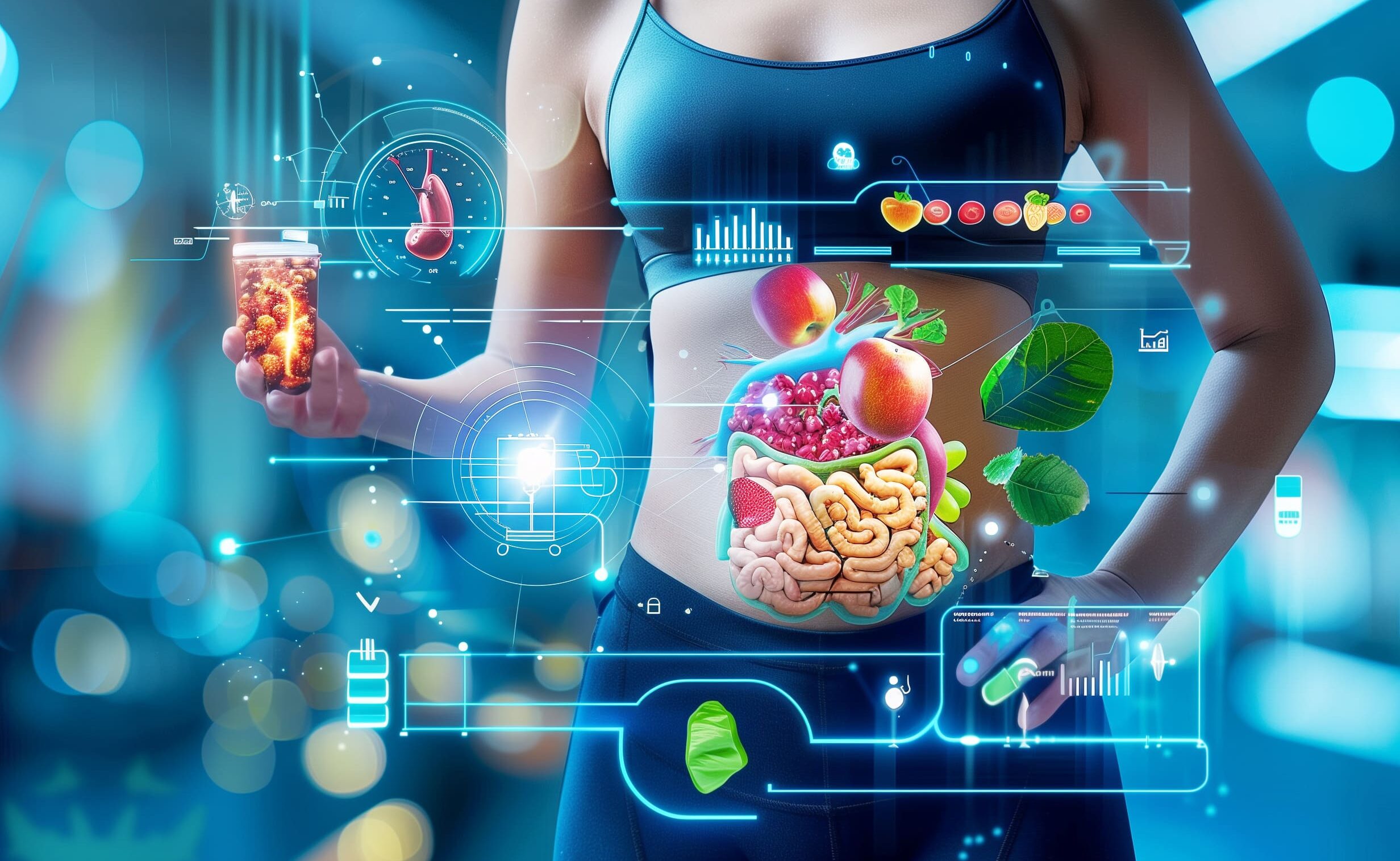
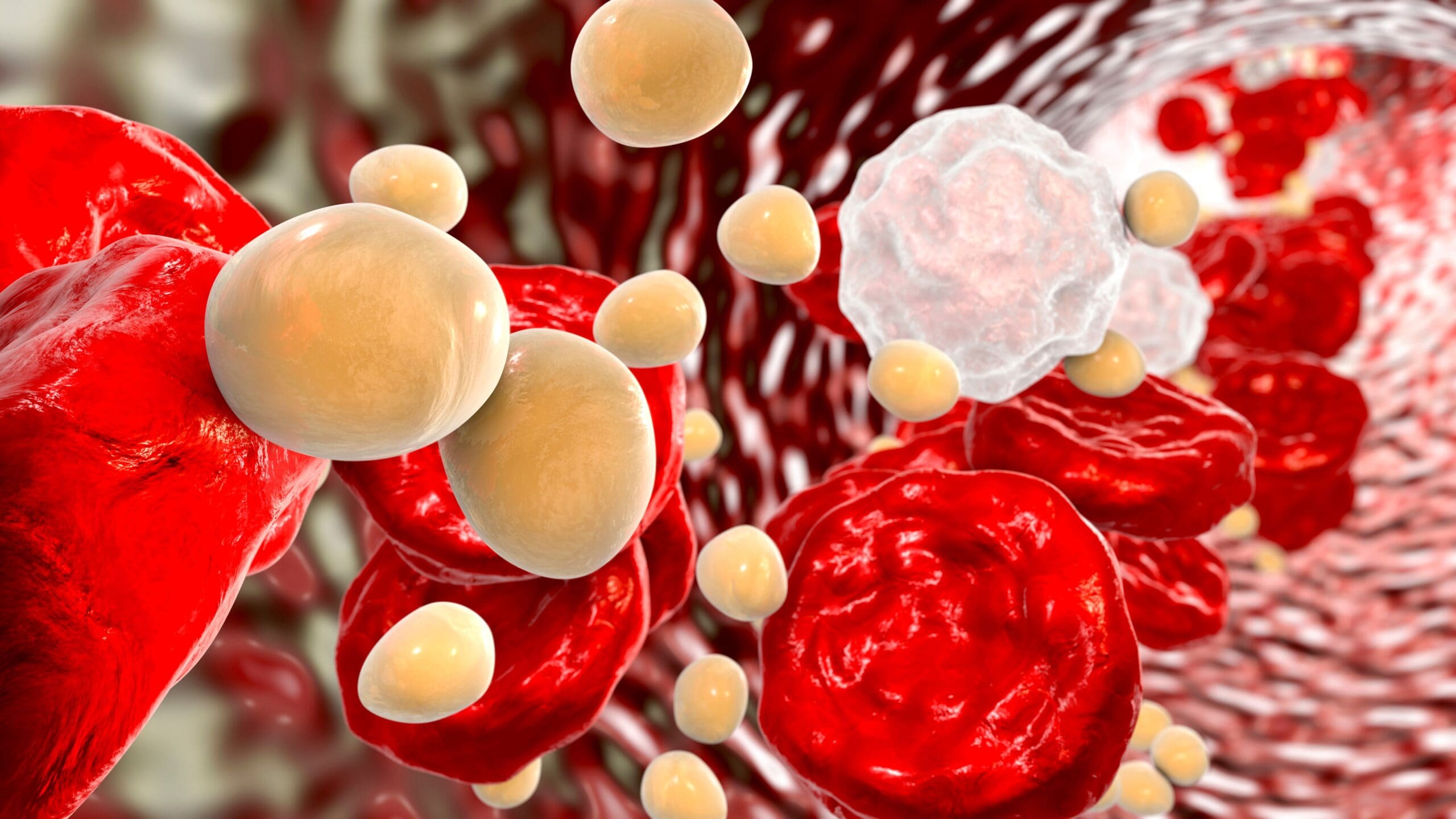
i was told by my sleep doc to take a magnesium and a calcium an hour before bed is that ok liver and health wise ??
Hi Julie,
If you are taking magnesium for sleep / nervous system support then it’s best to take away from calcium. Taking calcium at the same time will direct the magnesium into the bones.
Magnesium and calcium are fine for liver health
Kind regards,
Louise
so for sleep magnesium no calcium??
If you are using magnesium for sleep then yes it is ideal to take your calcium at a different time of day
Is there anything wrong with Magnesium going to the bones? What of the calcium/magnesium/zinc/vitamin d, etc compounds that are in bone-health supplements?
Hi Lucille,
We definitely need magnesium in the bones – we need it for many things. This is why magnesium is in good bone health formula.
In my response to Julie i was recommending the best way to take magnesium for nervous system benefit
Kind regards,
Louise